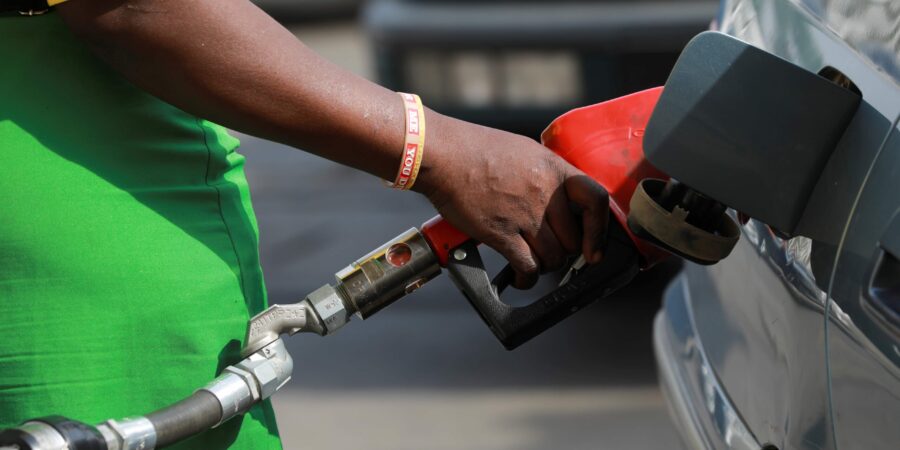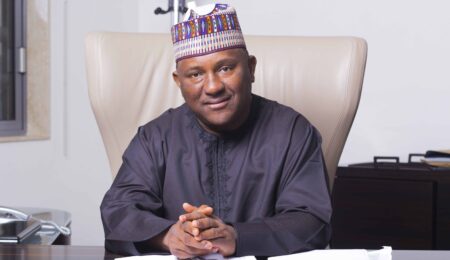You were born in the 70s, in the aftermath of the global oil crisis that shook the world. You were a response to the soaring prices of crude oil, a way to shield Nigerians from the harsh realities of the international market. You were a gesture of goodwill from the government to the people, a promise that they would not suffer from the volatility of oil revenues.
You grew up with Nigeria, through its highs and lows, its booms and busts, its coups and democracies. You became a part of Nigeria’s identity, a source of pride and patriotism for many who saw you as a sign of sovereignty and independence. You also became a part of Nigeria’s economy, a major item in its budget, and a driver of its consumption and growth.
But you also had your flaws, your dark side, your hidden costs. You were a drain on Nigeria’s resources, consuming billions of dollars every year that could have been invested in other sectors. You were a magnet for corruption and inefficiency, benefiting a few powerful elites who manipulated you for their own gain. You were a distortion of Nigeria’s market, discouraging investment in local refining capacity and encouraging smuggling and hoarding.
Now, you are gone. Nigeria’s new president, Bola Tinubu, has announced your elimination in his inaugural speech on Monday 30 May 2023, saying you can no longer justify your ever-increasing costs in the wake of drying resources. According to his speech, he wants to rechannel the funds into better investment in public infrastructure, education, health care and jobs that will materially improve the lives of millions.
But are Nigerians ready for your departure? No. They fear the drastic effects that a sharp rise in petrol prices will bring to the economy and their lives. They have rushed to stock up on fuel before it becomes too expensive, causing long queues at filling stations and hikes in transport fares. In time past, they protested against the decision and attempts to end you. They resisted fiercely until you were reinstated. They have appealed to the government to reconsider its move or provide palliatives to cushion its impact on the poor and vulnerable.
They are not ready because they don’t have alternatives. They depend on petrol for their daily lives, for their transport, their power generation, and their businesses. They don’t have access to reliable public transportation systems, electricity grids or renewable energy sources. They don’t have enough income or savings to cope with the rising costs of living. They also don’t have enough trust or confidence in the government to deliver on its promises.
You are gone, but you will not be forgotten. You have left a mark on Nigeria’s history, politics and economy. You have shaped the lives of generations of Nigerians, for better or for worse. You have been a source of controversy and debate, of joy and sorrow, of hope and despair.
What a future without you holds for the average Nigerian is still unknown. But for now, the best we can do is hang on to threads of optimism that there’s light (or at least fuel) at the end of the tunnel. Until then, farewell, fuel subsidy.





